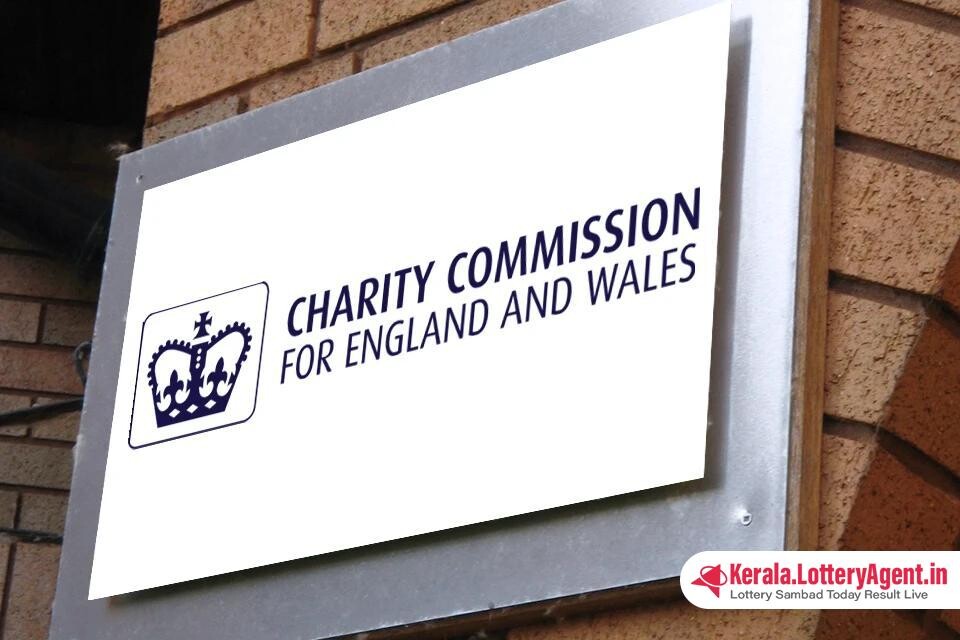
A not-for-profit campaign known as The Good Law Project, alongside Will Prochaska, a figure in the independent campaign for gambling reform, and fellow campaigner Annie Ashton, have approached regulatory authorities with a serious complaint against GambleAware. The organization which is recognized for its efforts to mitigate gambling harm, stands accused of failing to meet its educational objectives due to alleged affiliations with the gambling industry and dependency on industry funding.
This contention has led to a pronounced dispute over GambleAware’s purported impartiality. Zoe Osmond, CEO of GambleAware, ardently refuted the claims of bias, underscoring the charity’s independence from the gambling industry’s grasp. Osmond highlighted her organization’s advocacy for heavier regulation on gambling advertising and an obligatory funding mechanism as proof of their steadfast autonomy.
Despite GambleAware’s assertions of independence and commitment to public service, The Good Law Project has demanded an examination by the Charity Commission into alleged biases in the dissemination of information by the charity. A press statement from the advocacy group articulated their view that the failure of GambleAware to provide unbiased insights reflects a broader issue within the gambling industry, portraying it as a problem confined to individuals rather than the industry at large.
Delving deeper into the allegations, The Good Law Project called attention to what it deems as violations of regulatory mandates by GambleAware. These claims, if validated, would contravene a regulatory alert concerning the biased presentation of information issued by the Charity Commission in December of 2018. Research and material presented to the public, according to the alert, must remain free from bias and selective information.
Further fueling the demand for official scrutiny is evidence gleaned from parliamentary inquiries, particularly pointing out findings from the 2020 Online Gambling Harm Inquiry conducted by the Gambling Related Harm APPG, which raised doubts about GambleAware’s competence in executing certain research, education, and treatment functions.
The voice of Will Prochaska echoed through the arguments as he pressed for answers from GambleAware’s trustees, challenging them to clarify whether their actions genuinely serve the beneficiaries or align more closely with the interests of their funders.
Osmond remained staunch in her defense, characterizing the accusations as “baseless and highly damaging.” She actively defended the organization, spotlighting its pivotal role as a charity that safeguards the British public against gambling harm and the weight of evidence-based outreach initiatives.
Prochaska responded to Osmond’s denials by asserting that the grievances lodged by The Good Law Project are entrenched in charity law and substantiated with evidence. He questioned whether GambleAware’s trustees have fully grasped the gravity and substantiation of the complaint.
In a bid to showcase the positive impact of GambleAware’s work, Osmond shed light on the National Gambling Support Network and the National Gambling Helpline, touting them as pivotal resources for those affected by gambling-related harm. These initiatives, developed collaboratively with individuals who have experienced gambling problems themselves, aim to dismantle barriers to support and emphasize that anyone can suffer from gambling harm.
Echoing this sentiment, Ben Howard, chair of GambleAware’s Lived Experience Council, offered his testimony, affirming the critical and effective nature of the services provided through the National Gambling Support Network. His personal experience of recovering from gambling addiction through these services lent credibility and highlighted their significance in aiding thousands annually. Howard repudiated claims of inadequacy, denouncing the stigmatization such assertions cast upon individuals seeking help.
As tension ensues, with allegations circling and defenses mounted, the awaiting verdict from the Charity Commission remains a potentially pivotal moment for GambleAware, the individuals it serves, and the broader conversation surrounding the role of charitable organizations in the regulation of the gambling industry.












